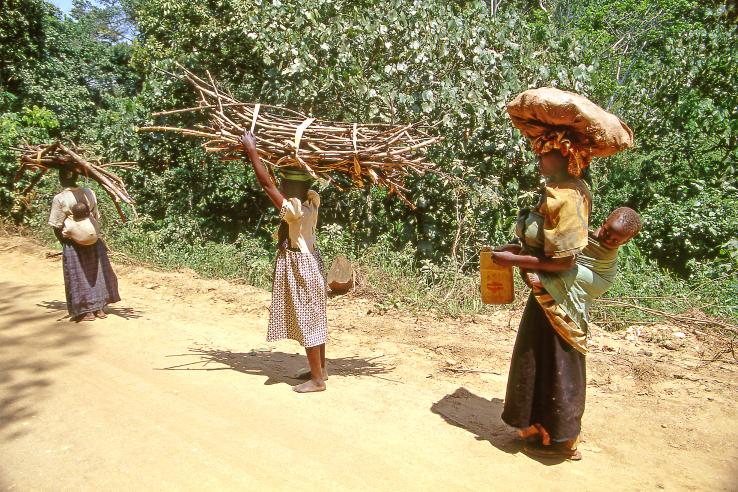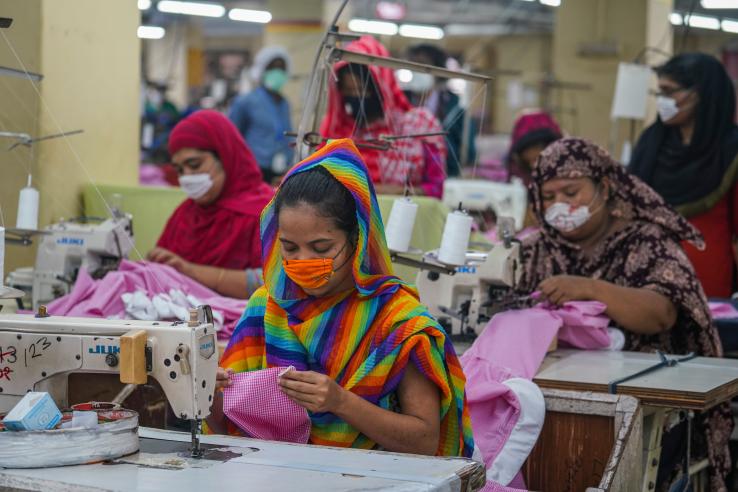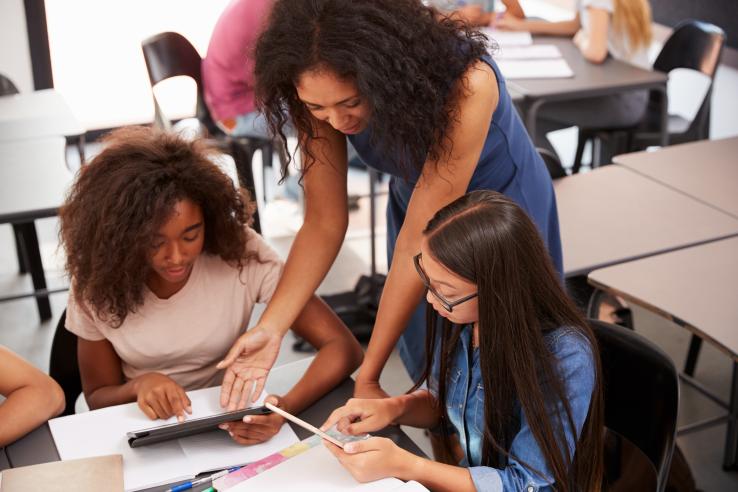Displaying 1231 - 1245 of 1296
Evaluation
Researchers conducted a randomized evaluation to measure the impact of sanitation and hand-washing promotion campaigns, alone and in combination, on household knowledge, behavior, and child health (diarrhea prevalence, stunting, wasting, and anemia). While the program improved hygiene and sanitation behavior, it had no impact on child health outcomes.
Evaluation
Researchers conducted a randomized evaluation to investigate whether an expanded and more thorough version of an orientation program in the Philippines improved socioeconomic outcomes and facilitated settlement for migrants upon moving to the United States. The research team found that though the program did not have many sizable impacts, migrants who received the new orientation program acquired fewer social network connections in the United States.
Evaluation
Researchers studied the impact of providing outreach and assistance to households that are likely eligible for the Supplemental Nutrition Assistance Program (SNAP), previously known as food stamps, on enrollment in the program.
Evaluation
Researchers used a randomized evaluation to test how local leaders influence the voluntary provision of public goods. They solicited contributions for environmental education books, which all members of the community would be able to access, and varied whether leaders made public contributions. They found that when elected community leaders were asked to set an example, they increased the amount they gave and induced followers to contribute more as well.
Evaluation
In rural Uganda, researchers evaluated whether videos encouraging communities to speak out against violence against women (VAW) could change behavior, attitudes, and norms. Women exposed to the videos were more willing to report VAW to authorities. More broadly, women in villages where the videos were screened experienced less VAW in their household.
Evaluation
To better understand the connection between BTB policies and racial discrimination in hiring, researchers tested the impact of applicant race and criminal history on hiring decisions both before and after BTB policies came into effect in New Jersey and New York City. The results confirmed that criminal records are a barrier to employment and supported the concern that BTB policies encourage racial discrimination.
Evaluation
In Bangladesh, researchers conducted a randomized evaluation to test whether helping selected farmers set up demonstration plots could increase awareness in the community about a new rice variety by triggering information exchanges through new interactions. Demonstration plots comparing new versus traditional seed varieties improved farmers’ knowledge about the new rice variety. The new interactions induced by the demonstration plots were most effective for farmers who were least socially connected before the intervention was delivered.
Evaluation
Researchers conducted a randomized evaluation in Afghanistan to measure the impact of school proximity on the educational outcomes of young students in local villages. Results indicated that the geographic proximity of schools had a dramatic effect on children’s academic participation and performance, suggesting that reducing the distance to schools has the potential to reduce gender disparities in rural areas.
Evaluation
In Chile, researchers conducted a randomized evaluation to measure the effect of providing free after-school care on women’s labor market outcomes. The program increased women’s labor force participation and employment, and increased the use of daycare for young children who were ineligible for the program, suggesting that women need childcare for all of their children in order to join the labor market.
Evaluation
Researchers partnered with Innovations for Poverty Action and Bangladeshi policymakers to test various strategies to increase mask-wearing and assess the impact of community mask wearing on SARS-CoV-2 infection rates. They found that a four-part intervention tripled mask usage and increased physical distancing. Further, this increase in mask-wearing reduced symptomatic SARS-CoV-2 infections. When surgical masks were employed, 1 in 3 symptomatic infections were avoided for individuals 60+ years old—the age group that faces the highest risk of death following infection. This was the first large-scale randomized evaluation to demonstrate the effectiveness of masks in a real-world setting.
Evaluation
Researchers tested whether an informative letter campaign could reduce inappropriate prescribing of controlled substances in Medicare Part D. Letters had no detectable effect on prescribing. In ongoing work, researchers are testing alternative versions of letters.
Evaluation
Researchers evaluated the impact of a civic education program involving learning-by-doing and student-centered teaching approaches in middle schools across three European countries. The program increased students’ academic performance, respect for school rules, and friendship networks with people with different social and cultural backgrounds.
Evaluation
Researchers partnered with the Government of Sierra Leone to evaluate the impact of community monitoring and nonfinancial awards programs on health care utilization and health outcomes. Both programs improved clinic utilization, patient satisfaction, and symptom reporting during the 2014 Ebola crisis. Further, community monitoring improved child health and reduced mortality among Ebola patients.
Evaluation
Researchers partnered with USAID to study the impact of Evidence-Based Medicine programs on changing family planning providers’ biases against injectable contraceptives. Overall, researchers found no change in provider practices and self-reported prescriptions.













